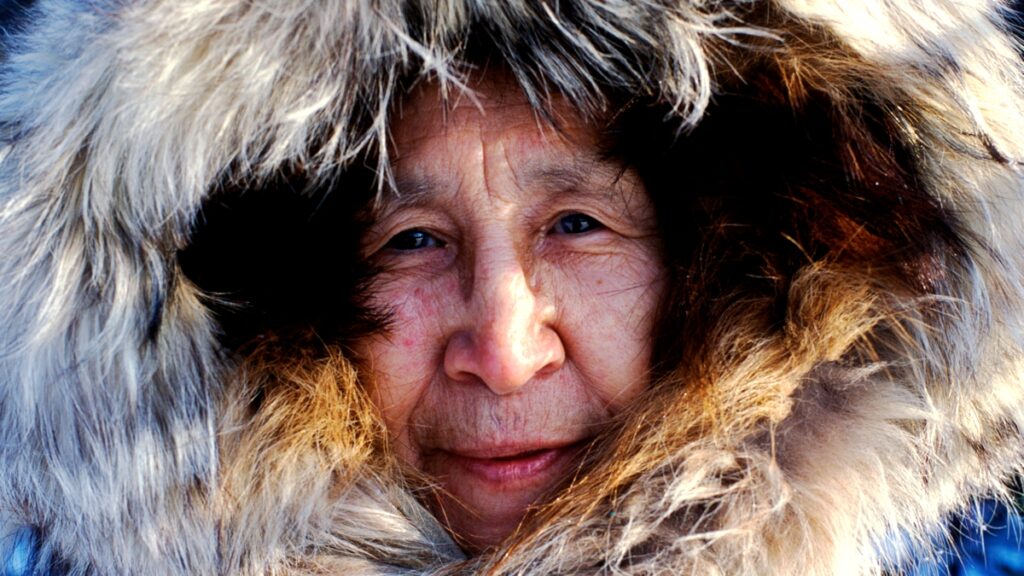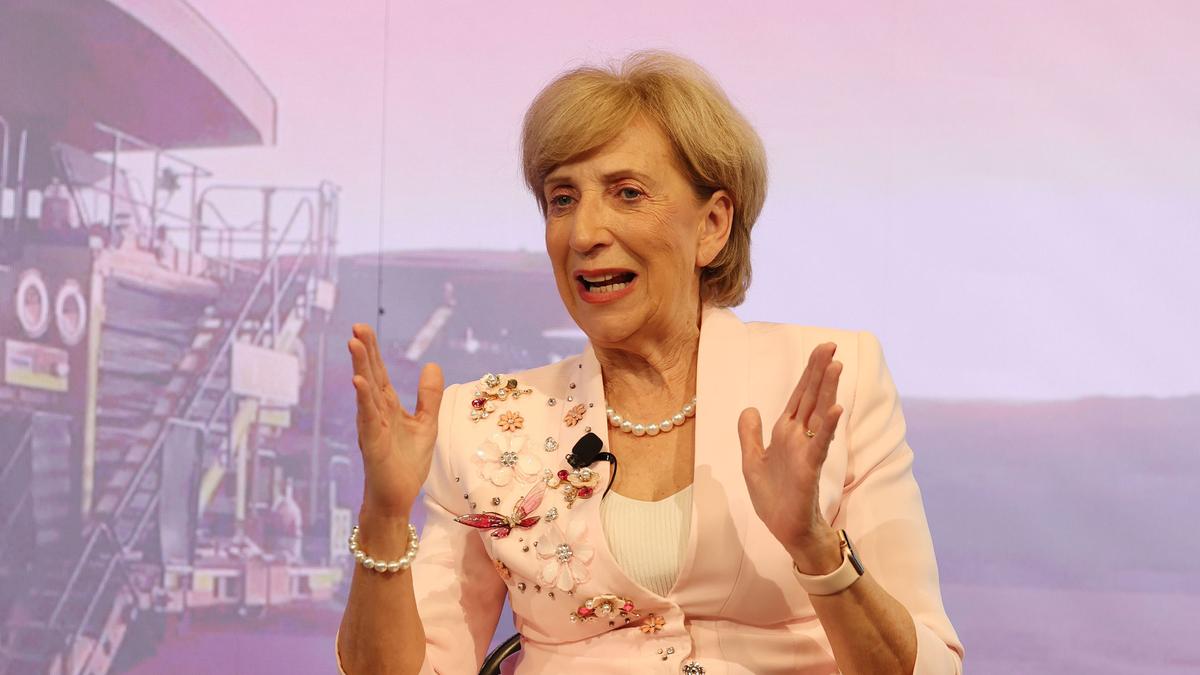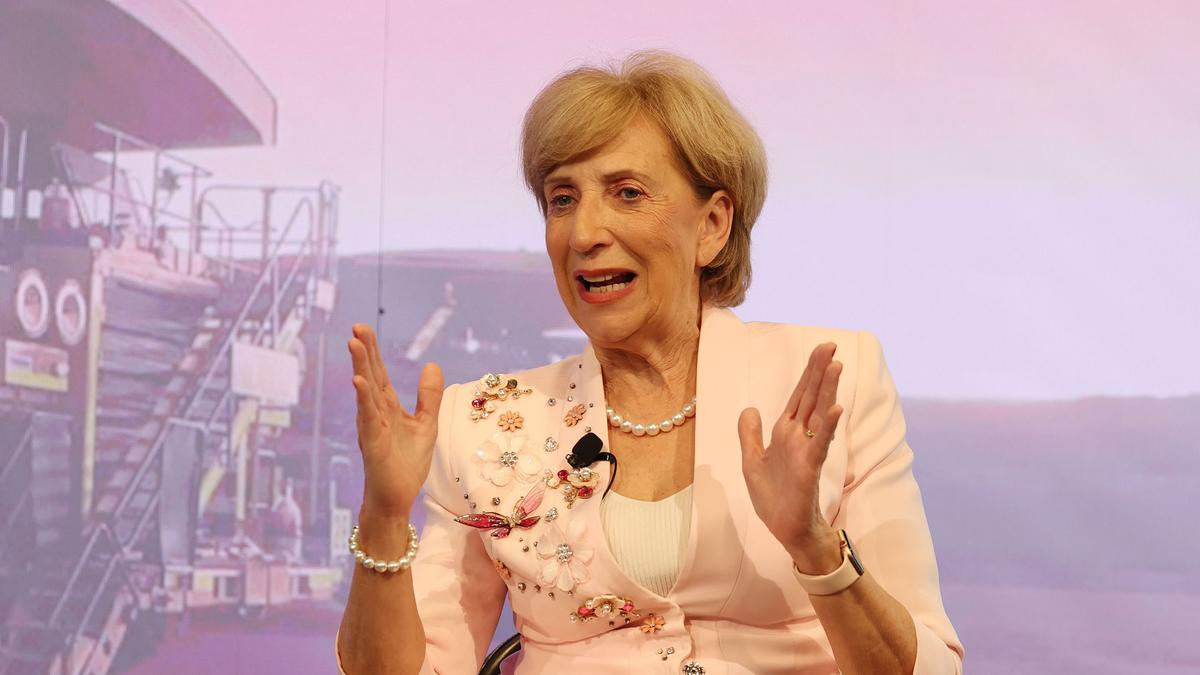
BREAKING: New research confirms that human evolution is not a thing of the past—it’s happening right now. As scientists explore how we adapt to our environments, they reveal that our biology continues to change in response to cultural and environmental shifts.
Researchers, led by Michael A. Little from Binghamton University, emphasize that adaptation is a critical aspect of evolution. “Humans are shaped by their environments, and this includes the foods we eat, diseases we encounter, and even the climate we live in,” Little states.
This urgent update sheds light on how modern humans are evolving traits that enhance survival. For example, the Turkana people in Kenya possess unique genetic adaptations, allowing them to thrive in arid conditions by going long periods without water—a trait that would be detrimental to others.
Why This Matters Now: As global environments change due to climate change and pandemics, understanding these ongoing evolutionary processes is crucial for public health and cultural resilience. The COVID-19 pandemic has highlighted how certain genetic traits can provide resistance to viruses, which may guide future medical interventions.
Experts point to historical events like the 14th century bubonic plague, which left survivors with specific genetic markers that conferred resistance to subsequent diseases. These historical adaptations are not relics; they have contemporary implications as we face new health challenges today.
Our understanding of evolution reveals a powerful connection between culture and biology. For instance, thousands of years ago, the domestication of animals like cows and goats led to significant dietary changes. Initially, many adults could not digest milk, but those with genes allowing lactose tolerance thrived in milk-rich cultures. As a result, nearly the entire population in those societies can now digest milk, showcasing cultural and biological co-evolution.
Furthermore, the Inuit people have adapted to high-fat diets, possessing genetic traits that prevent heart disease—demonstrating how diverse diets across the globe shape human evolution.
As we confront environmental challenges, the role of culture in shaping our evolution becomes even more pronounced. Our advances in technology and lifestyle choices impact not only how we live but also how we evolve.
What’s Next: Scientists urge a closer examination of human evolution in light of ongoing global changes. As we adapt, tracking these genetic shifts will be essential for understanding our future as a species. With climate change, new diseases, and cultural shifts continuing to shape our world, the story of human evolution is far from over.
Stay tuned for more updates as researchers delve deeper into this urgent and evolving narrative. Share this compelling news with others to highlight the importance of understanding our ongoing evolution.






